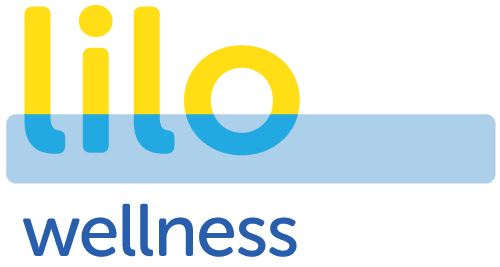
28 Feb Our brains are like constellations. And there are some very bright stars in there.

As we all know by now, those of us with brains that differ from the majority, the outliers if you like, are referred to as neurodivergent these days. It’s hard to believe that only five years ago, I had barely heard the term and I certainly didn’t understand it. Neurodiversity has been ‘claimed’, if you like, with pride in the last twenty years or so by many of us outliers. And this is a good thing! But, it’s worthwhile revisiting that the term’s original intention was inclusion from a different perspective.
The aim was not to delineate between ‘us and them’, but to remind us all that every single person on the planet has a different brain.
It was first coined by Aussie Sociologist, Judy Singer, in the late nineties. As an autistic woman, Singer was intent on demonstrating why the way mainstream society thinks about those who are different is not only unjust, it disadvantages everyone, not just those in question.
Singer was inspired by the women’s rights and LGBT movements. These minority groups, like those of us with neurodivergent brains, were misunderstood, devalued and disadvantaged. Thanks to her work, and those who continue to build on it, society at large is beginning to appreciate the many strengths that often come with the challenges we experience every day.
In Singer’s own words “Neurodiversity refers to the virtually infinite neuro-cognitive variability within Earth’s human population. It points to the fact that every human has a unique nervous system with a unique combination of abilities and needs.”
By making a comparison with biodiversity, where it’s so obvious that diversity is not only normal but what makes an ecosystem thrive, she flipped the script on the ‘problem’ of difference, to the power of difference.
You may be aware that it’s super common that people with ADHD are also autistic and vice-versa. Some estimate as many as 70% of autistic people have ADHD. This is not surprising, as nothing happens in isolation in the brain. I like to think of the brain as a constellation. One thing’s for sure, it’s certainly not made up of silos!
There’s also huge overlap with dyslexia (difficulty with reading and writing), dyspraxia (difficulty with coordination), dyscalculia (difficulty understanding maths) and a range of other challenges. There’s no denying that there are significant challenges that go along with these labels, but as with all things in nature, the yin and yang if you like, for all the challenges we face, there are definitely silver-linings.
Let’s take a closer look at some of the strengths of some atypical brains.
-
- Many of us with ADHD are known to be excellent at ‘hyper-focussing’ on solving problems and we often possess amazing creativity and curiosity. This can lead to higher than average skills in innovation and natural leadership qualities.
-
- Autistic people often possess incredible skills at noticing details and patterns that most of us wouldn’t see, as well as being incredibly accurate. They’re also often very honest, authentic and can possess remarkable levels of determination.
-
- Many with dyslexia have extraordinary skills in visual processing and pattern recognition, good spatial awareness and are often big-picture thinkers. They’re also often highly creative and entrepreneurial.
And here’s the thing, many of the abilities that we have, most people cannot even begin to do..
As such, it really is a beautiful thing that in the last few years neurodivergent people have been sought out for particular roles that require their strengths.
Thank goodness the shame that has always come with these challenges is shifting, slowly but surely. In my mind, just like in nature, the world is a far richer place because of us outliers!
I’m in the middle somewhere when it comes to my feelings towards my ADHD. I definitely love my ADHD-related strengths and feel some pride in them. But to be honest, perimenopause has tipped my ADHD symptoms into making functioning really bloody hard a lot of the time and I wish my life was easier most days.
But then I remind myself that just like diversity, challenges are normal too. Some of us just have bigger ones than others.
(And BTW, if you out and out hate it and the challenges it causes you, that’s OK too).


